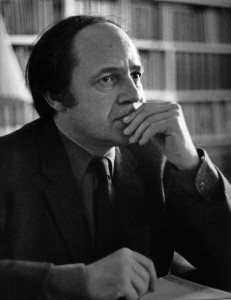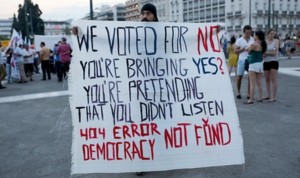Filming Boulez in 1972
IT was the mid-1960s, I was in my late teens, I was already becoming familiar with post-war avant-garde music, yet the first time I heard Pli selon Pli by Pierre Boulez, who has died at the age of 90, I couldn’t make head or tail of it. Something in the back of my head, however, insisted that the problem was mine, not the music’s, driving me back to hear it a second time when he conducted it in London again a few months later. This time I was rewarded by a musical experience as scintillating, diaphanous and transcendent as I’ve ever had. When I talked to him about his music a year or two later, I immediately connected the experience with his description of music as ‘controlled hysteria’, an effect which is highly calculated but produces in the listener a peculiar kind of euphoria, a free-floating intensity that can also be found in certain old time composers like Perotin or Tallis, even Beethoven, at least in the readings of certain symphonies by certain conductors–try listening to Boulez’s recording of Beethoven’s Fifth. Read more

 Since getting back from Athens, we’ve been hard at work editing the next episode of ‘
Since getting back from Athens, we’ve been hard at work editing the next episode of ‘
